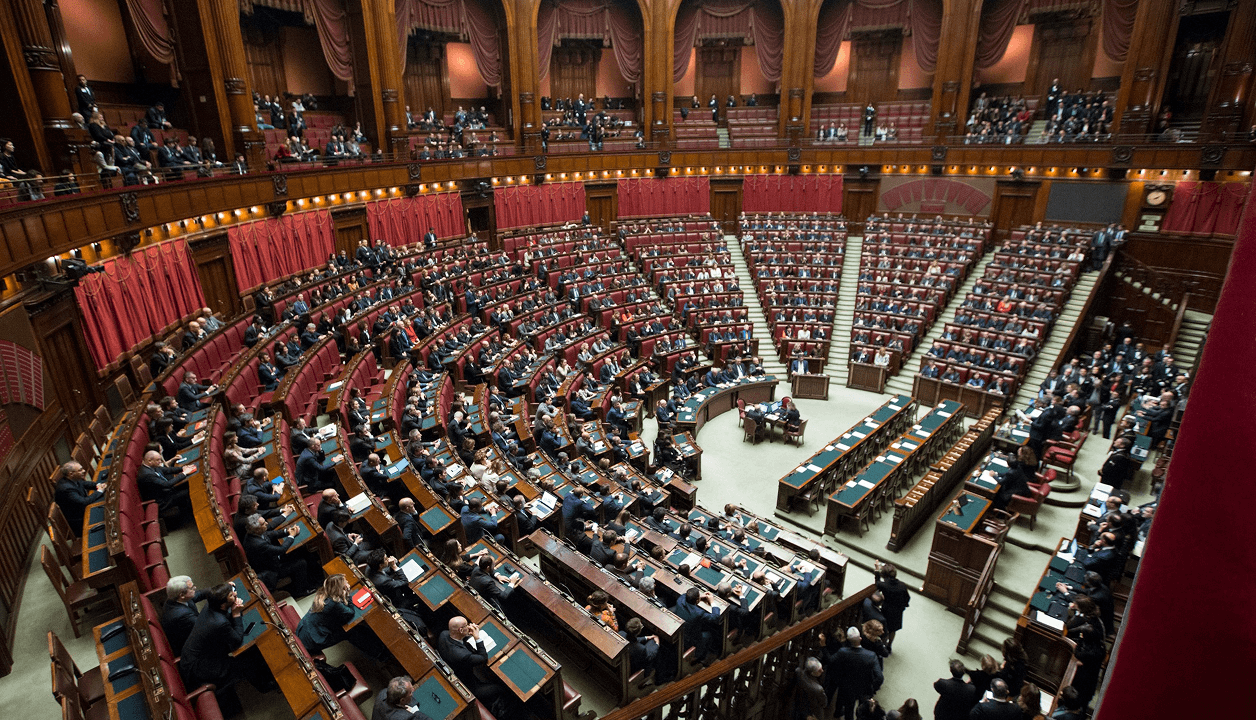Daily
pulse
Daily
pulse
Saturday, Mar 1, 2025
2:47 PM
Daily pulse
Opposition Party Calls for Electoral Reforms Ahead of Upcoming Elections
Opposition Party Calls for Electoral Reforms Ahead of Upcoming Elections
Opposition Party Calls for Electoral Reforms Ahead of Upcoming Elections
POSTED:
POSTED:
POSTED:
February 7, 2025
February 7, 2025
February 7, 2025
BY:
BY:
BY:
Flores Albert
Flores Albert
Flores Albert



The political climate is heating up as the country prepares for its next general elections, with opposition parties intensifying calls for urgent electoral reforms. Alleging widespread irregularities, voter suppression, and a lack of transparency, opposition leaders have launched a nationwide campaign advocating for a more credible voting process.
At a press conference in the capital, the opposition leader outlined a series of proposals aimed at strengthening the integrity of elections. Emphasizing the need for a free and fair electoral process, he warned against another cycle of disputed results and allegations of rigging. Among the key demands put forward are the introduction of electronic voting machines (EVMs) to minimize human errors and prevent election fraud, an automated voter registration system linked to national identification databases, and stricter regulations on campaign financing to curb the influence of money in politics. The opposition is also calling for increased security at polling stations, particularly in conflict-prone areas, to ensure voter safety.
The ruling party has strongly rejected these demands, insisting that the current electoral framework is both reliable and effective. The Minister of Information dismissed concerns over systemic flaws, arguing that the electoral commission has successfully conducted credible elections in the past. He described the opposition’s push for reforms as politically motivated and unnecessary.
However, public confidence in the electoral process remains low, with recent surveys indicating that many citizens believe past elections were marred by irregularities. Civil society organizations have echoed the opposition’s concerns, urging the government to consider reforms that would enhance transparency and public trust in the voting process.
Political analysts remain divided on the issue. While some argue that electronic voting could reduce election fraud, others warn of potential challenges such as the need for stable electricity and internet connectivity, particularly in rural areas. Dr. Kemi Adeoye, a political scientist, pointed out that any technological reforms must be implemented with careful planning to avoid disenfranchising voters.
Public opinion on the proposed reforms is equally mixed. While some citizens support measures to improve electoral integrity, others remain skeptical of the opposition’s motives, questioning whether politicians genuinely seek reform or simply want a system that benefits them.
The road to electoral reform is fraught with challenges, including legislative hurdles, funding constraints, and political resistance. Amending election laws requires significant time and negotiation, while introducing electronic voting would demand substantial financial investment. Additionally, the ruling party may be reluctant to back reforms that could diminish its electoral advantage.
As the election date draws nearer, pressure continues to mount on the government to address these concerns. Whether authorities will prioritize electoral reforms or maintain the status quo remains uncertain, but the coming months will be crucial in shaping the future of the country’s democratic process.
The political climate is heating up as the country prepares for its next general elections, with opposition parties intensifying calls for urgent electoral reforms. Alleging widespread irregularities, voter suppression, and a lack of transparency, opposition leaders have launched a nationwide campaign advocating for a more credible voting process.
At a press conference in the capital, the opposition leader outlined a series of proposals aimed at strengthening the integrity of elections. Emphasizing the need for a free and fair electoral process, he warned against another cycle of disputed results and allegations of rigging. Among the key demands put forward are the introduction of electronic voting machines (EVMs) to minimize human errors and prevent election fraud, an automated voter registration system linked to national identification databases, and stricter regulations on campaign financing to curb the influence of money in politics. The opposition is also calling for increased security at polling stations, particularly in conflict-prone areas, to ensure voter safety.
The ruling party has strongly rejected these demands, insisting that the current electoral framework is both reliable and effective. The Minister of Information dismissed concerns over systemic flaws, arguing that the electoral commission has successfully conducted credible elections in the past. He described the opposition’s push for reforms as politically motivated and unnecessary.
However, public confidence in the electoral process remains low, with recent surveys indicating that many citizens believe past elections were marred by irregularities. Civil society organizations have echoed the opposition’s concerns, urging the government to consider reforms that would enhance transparency and public trust in the voting process.
Political analysts remain divided on the issue. While some argue that electronic voting could reduce election fraud, others warn of potential challenges such as the need for stable electricity and internet connectivity, particularly in rural areas. Dr. Kemi Adeoye, a political scientist, pointed out that any technological reforms must be implemented with careful planning to avoid disenfranchising voters.
Public opinion on the proposed reforms is equally mixed. While some citizens support measures to improve electoral integrity, others remain skeptical of the opposition’s motives, questioning whether politicians genuinely seek reform or simply want a system that benefits them.
The road to electoral reform is fraught with challenges, including legislative hurdles, funding constraints, and political resistance. Amending election laws requires significant time and negotiation, while introducing electronic voting would demand substantial financial investment. Additionally, the ruling party may be reluctant to back reforms that could diminish its electoral advantage.
As the election date draws nearer, pressure continues to mount on the government to address these concerns. Whether authorities will prioritize electoral reforms or maintain the status quo remains uncertain, but the coming months will be crucial in shaping the future of the country’s democratic process.



More on
More on
politics
politics
View all
View all
Scroll
Back to top



Promote your brand with us! Gain exclusive exposure through our platform.
Promote your brand with us! Gain exclusive exposure through our platform.
Promote your brand with us! Gain exclusive exposure through our platform.
This Advertising Block provides a flexible space for your promotion, allowing you to customize it with your own content, visuals, and calls to action. Highlight your brand, showcase your services, or drive traffic to your projects with ease.
This Advertising Block provides a flexible space for your promotion, allowing you to customize it with your own content, visuals, and calls to action. Highlight your brand, showcase your services, or drive traffic to your projects with ease.
This Advertising Block provides a flexible space for your promotion, allowing you to customize it with your own content, visuals, and calls to action. Highlight your brand, showcase your services, or drive traffic to your projects with ease.
Daily pulse
With a focus on accuracy and relevance, we make it easy to navigate the ever-changing news landscape. Stay ahead with stories that matter, presented in a dynamic and engaging way.
© 2025 Daily Pulse. All rights reserved
Designed & Developed
Daily pulse
With a focus on accuracy and relevance, we make it easy to navigate the ever-changing news landscape. Stay ahead with stories that matter, presented in a dynamic and engaging way.
© 2025 Daily Pulse. All rights reserved
Designed & Developed
Daily pulse
With a focus on accuracy and relevance, we make it easy to navigate the ever-changing news landscape. Stay ahead with stories that matter, presented in a dynamic and engaging way.
© 2025 Daily Pulse. All rights reserved
Designed & Developed
Daily pulse
With a focus on accuracy and relevance, we make it easy to navigate the ever-changing news landscape. Stay ahead with stories that matter, presented in a dynamic and engaging way.
© 2025 Daily Pulse.
All rights reserved
Designed & Developed
Scroll
Back to top


